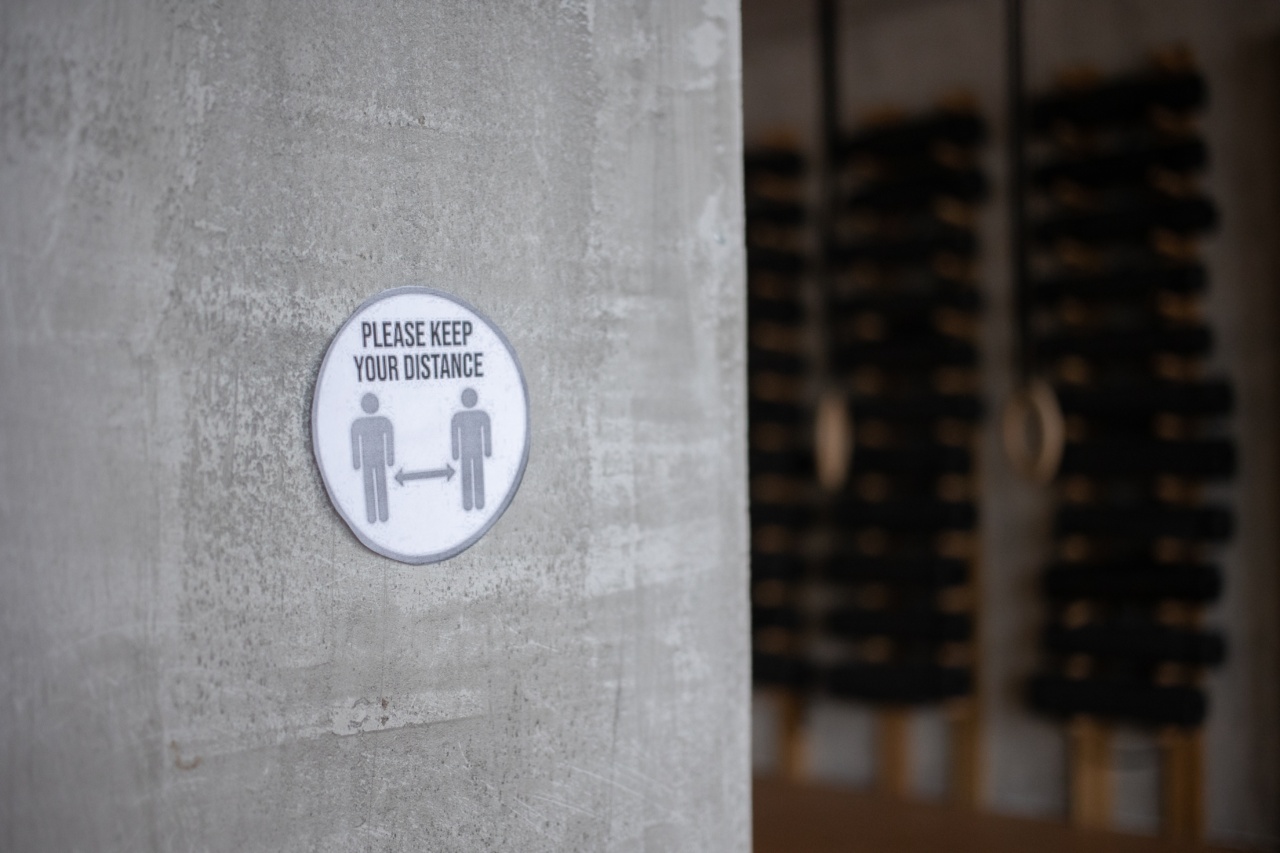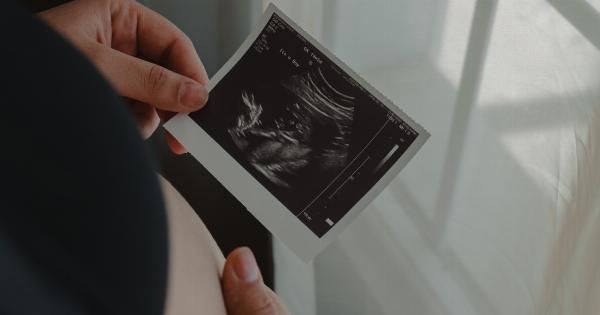As a parent, it is natural to want the best for your baby’s health and development. One crucial aspect to monitor is your baby’s hearing ability.
While it may be challenging to determine if a newborn or infant is experiencing hearing difficulties, there are certain signs and red flags that indicate the need for a hearing test as soon as possible. Identifying these signs early on can help mitigate any potential hearing problems and provide timely intervention and support for your little one’s overall well-being.
1. Lack of Startle Reflex
The startle or Moro reflex is a natural response in infants that occurs when they are startled by a loud noise or sudden movement.
If your baby consistently fails to react to loud sounds by exhibiting the startle reflex, it could be an indication of hearing loss. While the startle reflex may vary from baby to baby, an absence of this reflex cannot be overlooked.
2. Limited or Absent Response to Voices
Babies develop their hearing abilities gradually during the first few months of life. By the age of 2 to 3 months, your baby should start responding to familiar voices, including those of their parents or caregivers.
If your baby fails to turn their head or display any acknowledgment when you speak or call their name, it is crucial to consult a healthcare professional and schedule a hearing test.
3. Delayed Speech and Language Development
Hearing plays a significant role in speech and language development. If your baby is experiencing hearing difficulties, it may lead to delays in their ability to babble, coo, or mimic sounds.
As they grow older, these delays can translate into difficulties with learning and communication. If you notice a lack of progress or significant delays in your baby’s speech and language milestones, seeking a hearing test is crucial for early intervention and support.
4. Struggling to Localize Sounds
By the age of 6 to 7 months, babies should be able to turn their head and eyes towards the source of a sound.
If you notice that your baby is having difficulty locating sounds or seems unaware of their direction, it is essential to consider a hearing test. Difficulty localizing sounds can indicate hearing impairment or issues with auditory processing.
5. Unresponsiveness to Music or Sound Stimulation
Babies generally show a keen interest in music, rhythmic sounds, and toys that make noise. If your baby does not display any reaction or joy upon exposure to music or sound stimulation, it might be a warning sign.
While it’s important to remember that every baby is unique and may have different preferences, a complete lack of response could warrant a hearing test.
6. Inconsolable Crying or Irritability
Unexplained and inconsolable crying or irritability can be indicative of various issues, including discomfort caused by hearing difficulties.
If you have ruled out other potential causes, such as hunger or tiredness, and your baby continues to exhibit extreme fussiness or discomfort regularly, it is essential to consult a healthcare professional and consider a hearing test to eliminate hearing-related concerns.
7. Speech Misunderstandings
As your baby starts to babble and eventually speak their first words, it is vital to pay attention to their pronunciation and comprehension.
If you notice consistent misunderstandings or mispronunciations, it could be an indication of hearing difficulties. Babies with hearing impairment may struggle to hear and replicate certain sounds, leading to speech-related challenges. A hearing test can help identify and address any underlying hearing issues.
8. Lack of Response to Soft Sounds
If your baby frequently fails to react or respond to soft sounds, it may suggest that their hearing sensitivity is compromised.
While babies may not react strongly to every sound, being unresponsive to subtle or quiet noises repeatedly might indicate potential hearing problems. A hearing test will allow healthcare professionals to determine if there are any hearing difficulties that need to be addressed.
9. A Family History of Hearing Loss
Hearing loss can be hereditary, and if there is a family history of hearing impairment, it increases the likelihood of your baby being affected as well.
If you or your spouse, or close family members have experienced hearing loss, it is vital to be proactive and have your baby’s hearing tested early on to catch any potential issues and provide appropriate support.
10. Ear Infections and Chronic Fluid Buildup
Ear infections and chronic fluid buildup in the middle ear are common issues that can affect a baby’s hearing. If your baby experiences recurring ear infections or chronic fluid buildup, it may impact their hearing abilities.
The constant presence of fluid can create a barrier, preventing sound from reaching the inner ear properly. Regular hearing tests can help identify such problems and ensure appropriate medical intervention.
Conclusion
Being aware of the signs that indicate your baby may need a hearing test is crucial for their overall development and well-being. Early detection and intervention can significantly impact a child’s ability to learn, communicate, and thrive.
If you notice any of the aforementioned signs or have any concerns regarding your baby’s hearing abilities, it is always advisable to consult a healthcare professional and schedule a hearing test as soon as possible.































